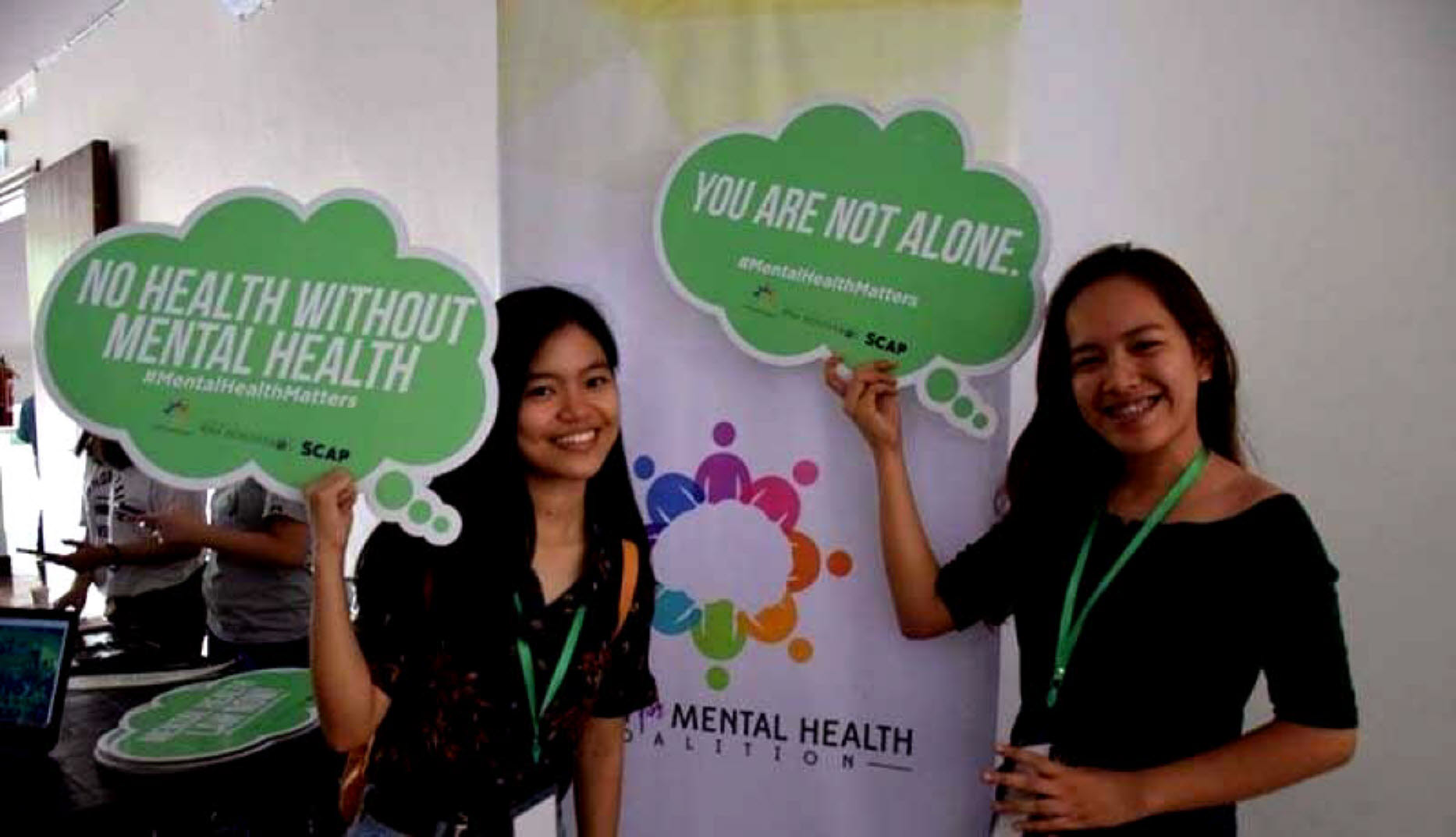
To the Editor:
“We Surveyed 1,320 #Therapists Across the Nation. They’re Worried About #MentalHealth in the U.S.” (news article, Jan. 3):
#Psychiatrists were not included in this Times survey, sent by Psychology Today to its professional members, but there were references to my field that illustrate a sad state of affairs.
A quarter of those polled said #suicidalthoughts were among the leading reasons #patients sought help. Sixty percent said more #patients wanted medication. One clinical social worker noted that a person who was suicidal and depressed had to wait three months to see a #psychiatrist for medication. That waiting time was not just for #psychiatrists: Nearly a third of the #therapists surveyed said it could take at least three months to get an appointment with them, if at all.
If a person is severely depressed and suicidal, a professional should evaluate them immediately. I know from being a hospital #psychiatrist throughout my career that this evaluation can be accomplished in an emergency room.
The problem is that the necessary, close follow-up care is not accessible to most who cannot pay out of pocket. It is often difficult to find those who will accept fees paid by insurance. As a society, we have to examine our priorities for how money is allocated, and whether #mentalhealth is worth the financial investment.
Jeffrey B. Freedman
New York
To the Editor:
It’s about time this survey was conducted. I’ve been hitting my head against the wall in frustration since #Covid began, trying to get national coverage of our #mentalhealthcrisis.
Now, let’s take needed actions or we will face worsening incidences of #PTSD. As the article stated, medical workers are already suffering. We will also see increases in #massshootings, uncontrolled anger against airline stewards, #domesticabuse, #substanceabuse and #suicides.
Here are some things we can do:
Broadcast and print media: Offer continual #mentalhealthreports. Post the 800 number for crisis and #suicidehotlines everywhere, along with symptoms of acute #stress. Warn about deadly pills through #socialmedia.
#Schools: Talk to #students about #stress, #depression and #suicidalideation. Add needed #counselors.
Community, state and federal governments: Determine needs of vulnerable populations and how to respond immediately. Find additional #therapists and #psychiatric ward availability. Demand insurance parity.
Most important: End the #stigma. Finally put #mental and physical health on equal footing.
Sharon L. Cohen
Newtown, Conn.
The writer is the co-author of “Disaster #MentalHealth Community Planning.”
To the Editor:
Surviving the #pandemic has proved to be a lot easier for me than surviving the relentless demands of home care for my wife, who recently died after eight years with #Alzheimer’s. I hope you conduct a similar survey of the #mentalhealth costs of home care for those with #dementia, especially as millions of #babyboomers soon begin to turn 80.
Our #mentalhealth system may be in crisis right now, but an even bigger and more enduring #mentalhealthcrisis may lie right around the corner.
Jerome T. Murphy
Cambridge, Mass.
To the Editor:
As a social work clinician, educator and board member of the International Association for Social Work With Groups, I have been very concerned about the social and emotional impact of the #pandemic on people of all ages and backgrounds. #Socialisolation plays a key role in the sharp rise in #mentalhealthproblems described in this article.
An individual #therapist can do much, but is unable to provide the sense of belonging that a group can offer. In social work practice with groups, the experience of mutual aid promotes connection, increases #self-esteem and lessens isolation for its members. Since the start of the #pandemic, groups have been meeting safely and effectively online.
Using group methods can serve more people, decrease waiting lists and lessen pressure on individual #therapists. We need to provide opportunities for clients to join groups that can counter the terrible #isolation of so many.
Ann M. Bergart
Chicago
#James Donaldson notes:
Welcome to the “next chapter” of my life… being a voice and an advocate for #mentalhealthawarenessandsuicideprevention, especially pertaining to our younger generation of students and student-athletes.
Getting men to speak up and reach out for help and assistance is one of my passions. Us men need to not suffer in silence or drown our sorrows in alcohol, hang out at bars and strip joints, or get involved with drug use.
Having gone through a recent bout of #depression and #suicidalthoughts myself, I realize now, that I can make a huge difference in the lives of so many by sharing my story, and by sharing various resources I come across as I work in this space. #http://bit.ly/JamesMentalHealthArticle
Order your copy of James Donaldson’s latest book,
#CelebratingYourGiftofLife:
From The Verge of Suicide to a Life of Purpose and Joy





